At a press conference in Riyadh on Jan. 3, the foreign minister of Saudi Arabia announced that Saudi Arabia was severing diplomatic relations with Iran. The decision was triggered by the scathing statements that Iran’s highest political and religious authorities issued following Saudi Arabia’s execution of forty seven people it had accused of committing terrorism-related crimes, including a controversial Shia cleric, and in response to the violent protests that erupted in Iran against Saudi Arabia’s diplomatic missions.
This serious escalation in tensions in what had already been extremely strained relations between the two regional powers could constrain the Obama administration’s options in the Middle East. Saudi Arabia’s more assertive foreign policy might compel the United States to take considerably firmer policy positions in the region’s many conflicts, something that the Obama administration is not known for. Maintaining the U.S.’ longstanding “partnership” with Saudi Arabia while trying to end the decades-long acrimonious relationship with Iran at the same time, will prove difficult if not mutually exclusive.
Saudi Arabia has long been considered one of the United States’ closest allies in the Middle East. The United States has come to depend on Saudi- Arabia to play a stabilizing role in volatile international oil markets, while the Saudis have come to rely on the United States to act as the ultimate guarantor of stability in the Middle East.
However, the tumult that was ushered in by the “Arab Spring” in 2011 has compelled both the United States and Saudi Arabia to reevaluate their roles in the region as well as their bilateral relations. While the latter remains on solid ground, the two countries have responded to the tumult that has gripped the region by adopting vastly different “doctrines”.
The United States has largely abandoned its traditional role as the “policeman” of the Middle East. The Saudis on the other hand, in large measure due to what they perceive as the security vacuum left by the United States, have decided to not only assume responsibility for defending their own national security interests, but view themselves as uniquely positioned to fill this leadership vacuum.
First, they led an “Arab Coalition” to oust the Iranian-backed Houthi rebels in Yemen, then announced that Riyadh will house an operations center of an Islamic military coalition composed of 34 nations. This suggests that Saudi Arabia has been transformed from a status quo country that had traditionally sought to preserve the political order, to one that actively wants to change it. This new Saudi thinking is largely a function of an acute sense that the country is facing serious threats to its security from two fronts: Iran on one and ISIS on the other.
The severing of diplomatic relations between Saudi Arabia and Iran was the culmination of years of steadily deteriorating relations. Iran’s support for Bashar Al Assad in Syria and what the Saudis have repeatedly characterized as Iranian “meddling” in other Arab countries, have severely strained relations.
The Saudis have maintained that Iran is supporting the Houthis in Yemen and in that sense, the Saudi-led military campaign is a message to Iran that Yemen is a “red line.” Both Saudi Arabia and Iran are fighting ISIS but they are taking vastly different approaches even in that regard. While the Iranians are assisting the Iraqi government and the Assad regime in their battles against ISIS, the Saudis have maintained that the sectarianism of the Iraqi government and Assad’s brutality in Syria have given birth to ISIS and helped it flourish, respectively.
The war of words between Iran and Saudi Arabia was ratcheted up in the aftermath of the Hajj stampede a few months ago that led to the deaths of over seven hundred people. Various Iranian officials criticized the manner in which the Saudi government has conducted the investigation into the causes of the stampede while others suggested that the administration of the Hajj should be taken over by an international body representing Islamic countries. In the same vein, the stinging criticism leveled by Iran’s most senior religious and political authorities following the execution of firebrand Shia cleric Nimr Al Nimr, was deemed as an unacceptable interference in the domestic affairs of Saudi Arabia.
If the Obama administration wants to deepen its rapprochement with Iran after having reached an agreement with it over its nuclear energy program, it could further alienate the Saudis. However, given the current dangerous escalation between the Saudis and Iranians, the Saudis have drawn a proverbial line in the sand and are trying to determine who their “true” friends are. President Obama will have to choose between trying to preserve the relationship with Saudi Arabia and or continue to test his proposition that Iran may hold the key to the regions’ stability. Trying to do both, will likely prove untenable.
This article originally appeared in The Hill.
The views represented herein are the author's or speaker's own and do not necessarily reflect the views of AGSI, its staff, or its board of directors.

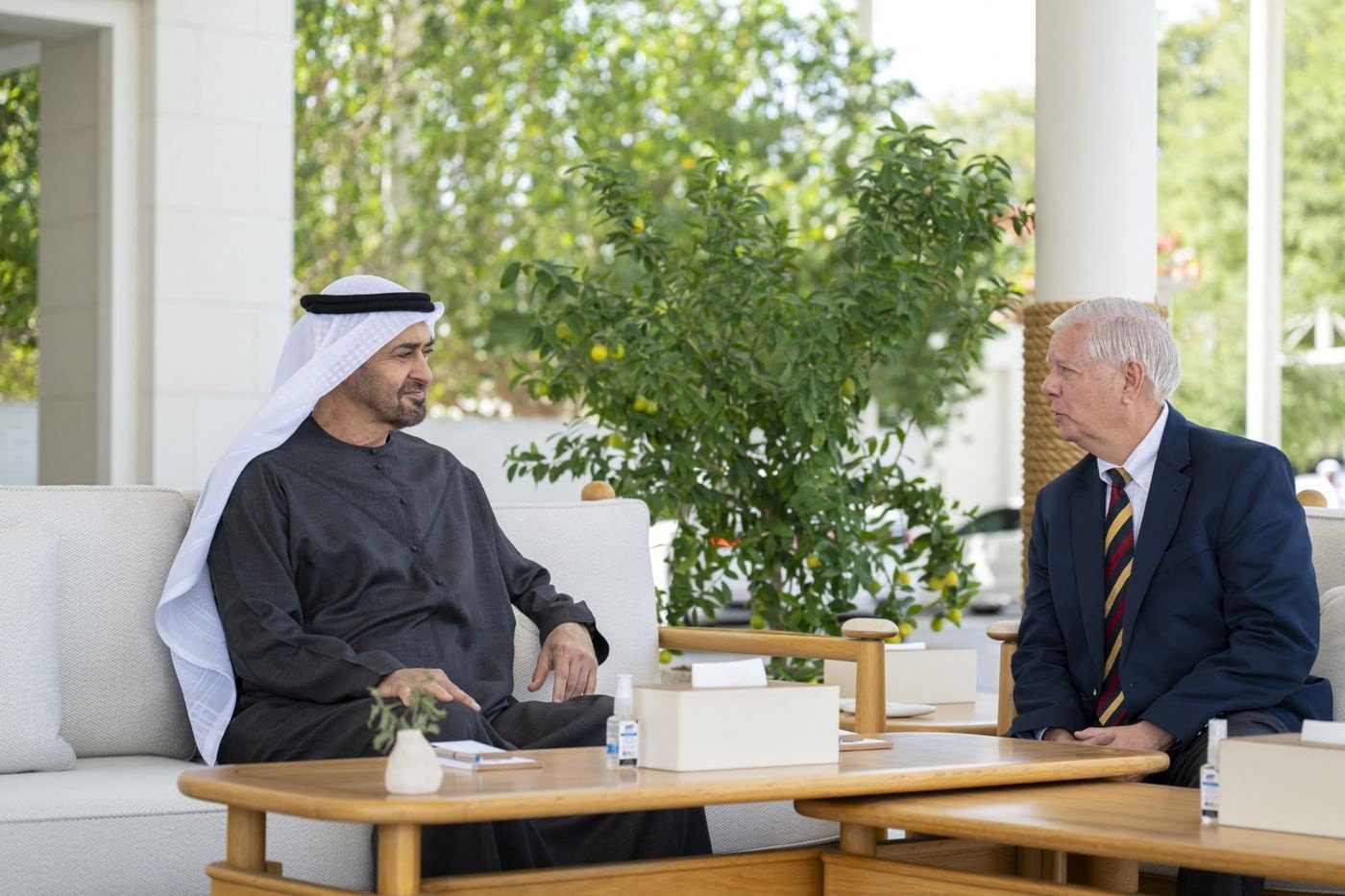

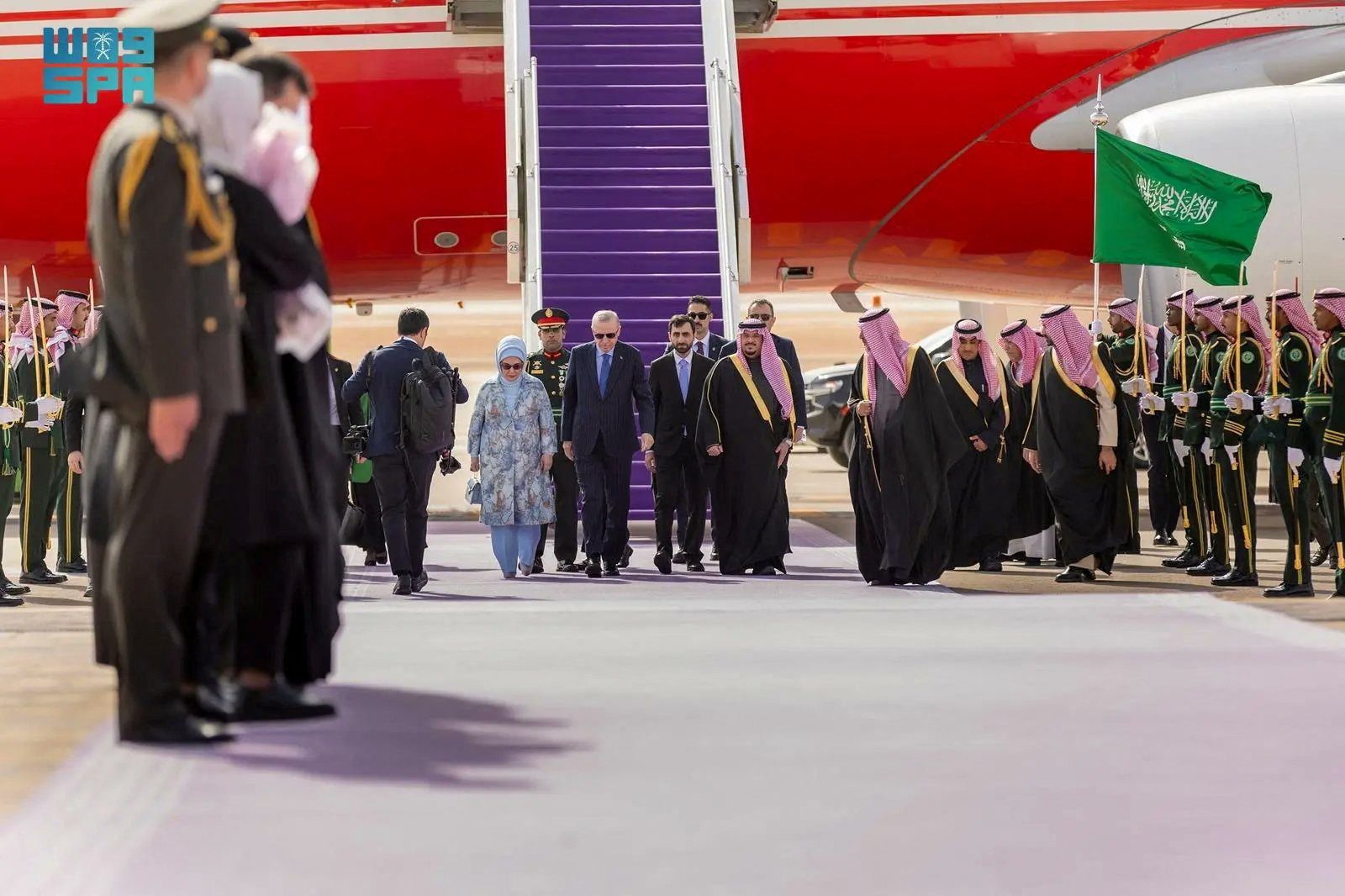



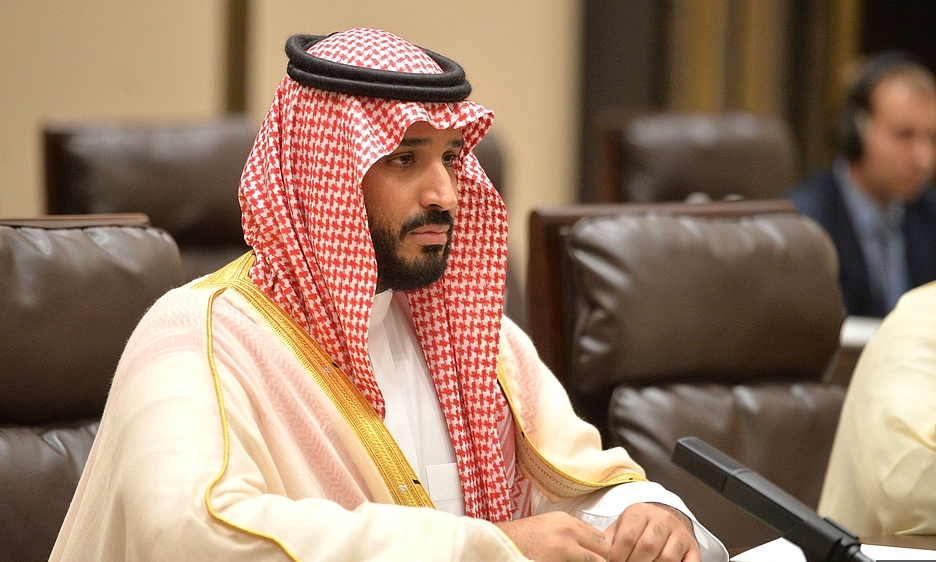
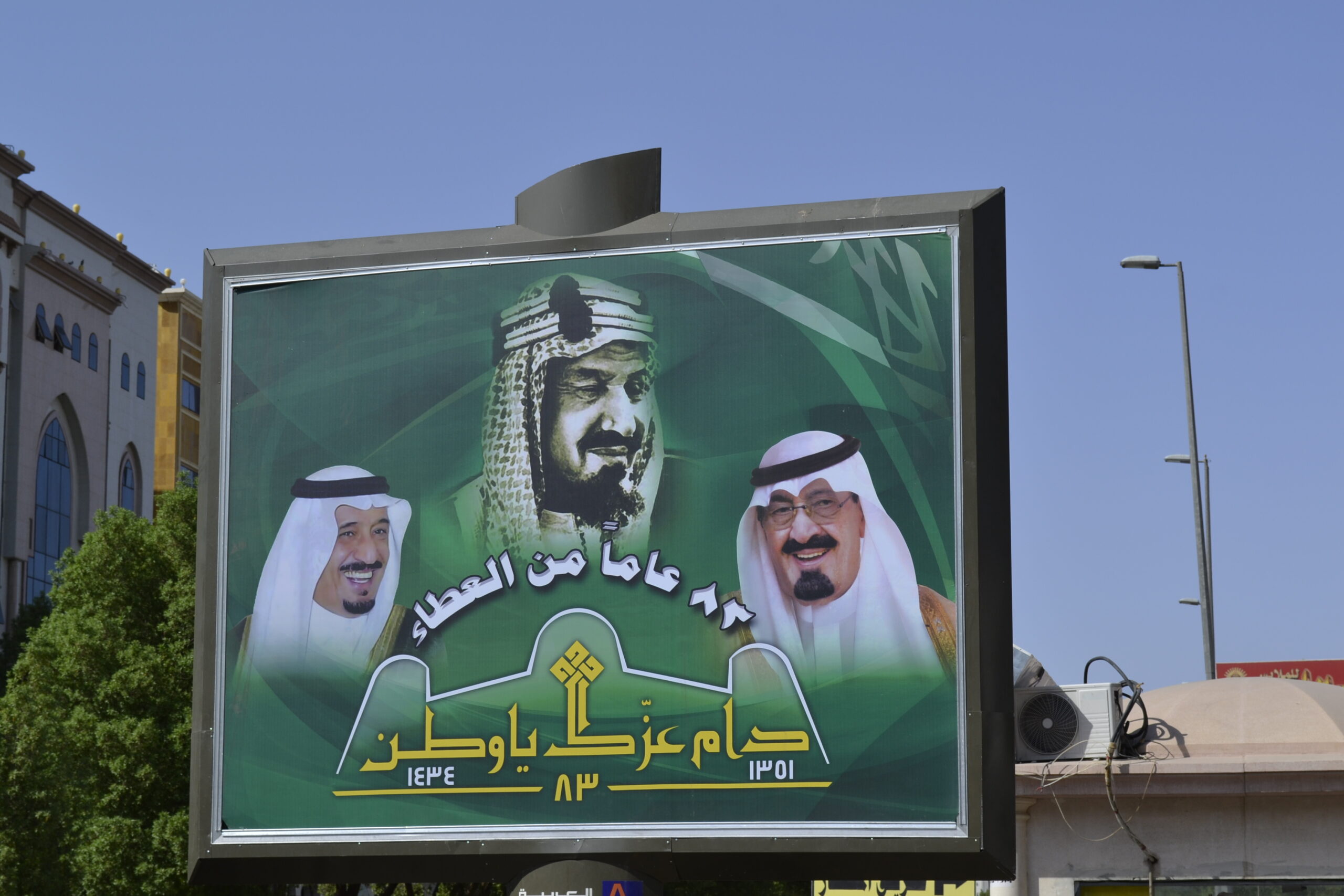
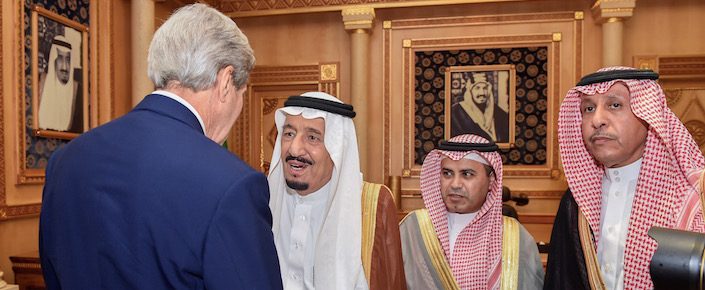

Jan 17, 2016
Saudi Arabia Throws Down the Gauntlet
At a press conference in Riyadh on Jan. 3, the foreign minister of Saudi Arabia announced that Saudi Arabia was severing diplomatic relations with Iran. The decision was triggered by the scathing statements that Iran’s highest political and religious authorities issued following Saudi Arabia’s execution of forty seven people it had accused of committing terrorism-related...
4 min read